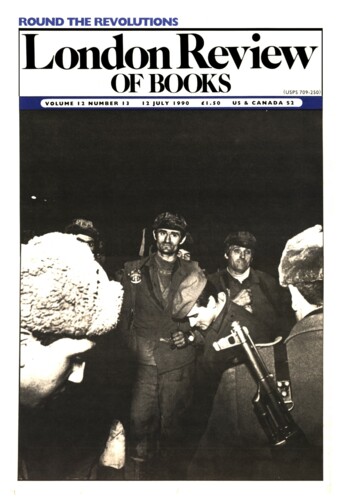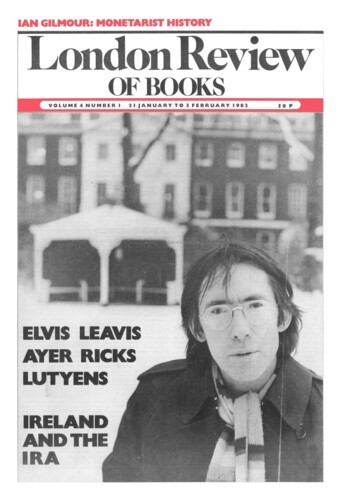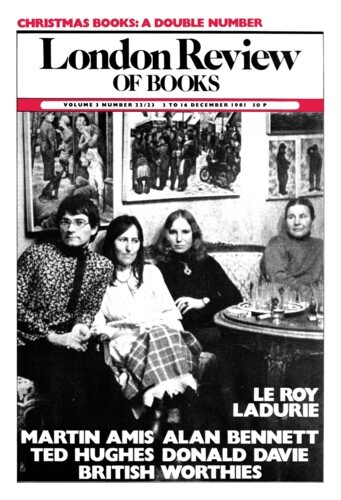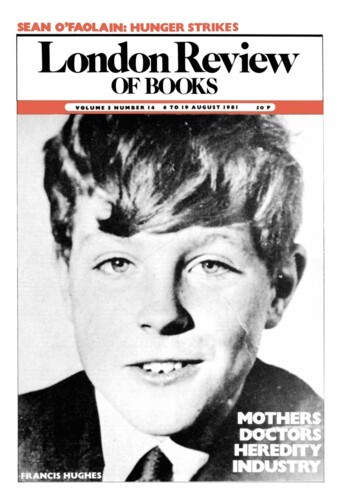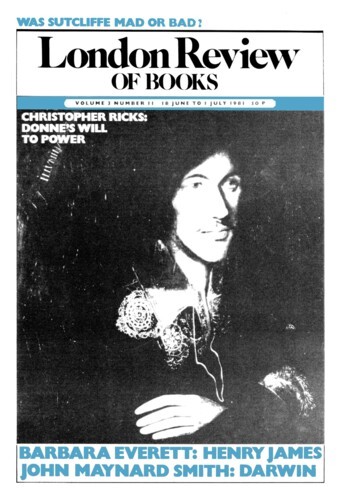Must the grasshopper be a burden?
D.J. Enright, 12 July 1990
Impatience is one characteristic of advancing years, and so, this book being delayed in the post, I set to and drafted a review in its absence. There is always another deadline looming up, all too aptly named, the one that Time’s winged chariot is heading for. More soberly, making notes before you have read a book isn’t as monstrous as it sounds: at least you formulate your own, existing, perhaps meagre views on the subject. Mind you, the book still ought to be read.
